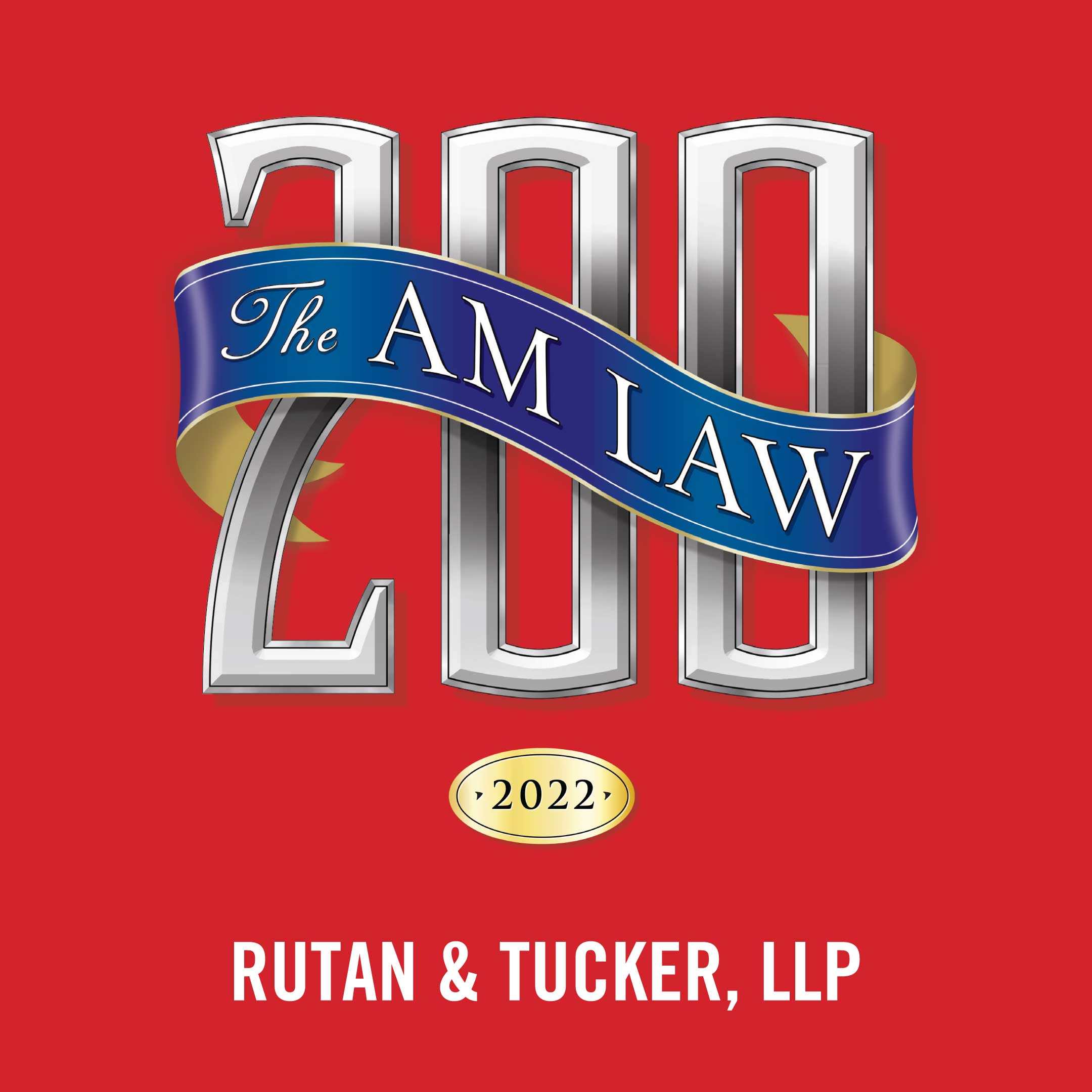Michael Rubin, partner at Rutan & Tucker in Orange County spoke with Construction Dive on March 28, 2017 about the rights of property owners, including those that prevent a third party from taking that land without due process.
“For any taking, you have to have a public necessity, and that involves three questions,” said Rubin:
• Is the property going to be used for a public project?
• Is the property necessary for that project?
• Is the project going to end in a way that results in the most public good with the least private injury?
Rubin said the presumption in many states is that however the public entity — absent fraud, corruption or wrongdoing — answers these questions is the final word. After that, it’s a matter of coming to an agreement on terms for the acquisition.
In California, someone whose property is being acquired via eminent domain is entitled to its fair value, although that can represent a range of figures depending on which appraiser the public entity uses. That’s not to imply anything untoward is happening in the process. Property appraisal is, in the end, a subjective assessment of all the property’s many components, and different appraisers can end up with different, defensible values.
“Public agencies are seldom there to take advantage, but they don’t want to pay more than what’s fair and proper,” Rubin said. “They’re not going to go out and hire an appraiser that has a reputation for coming up with inflated values.”



